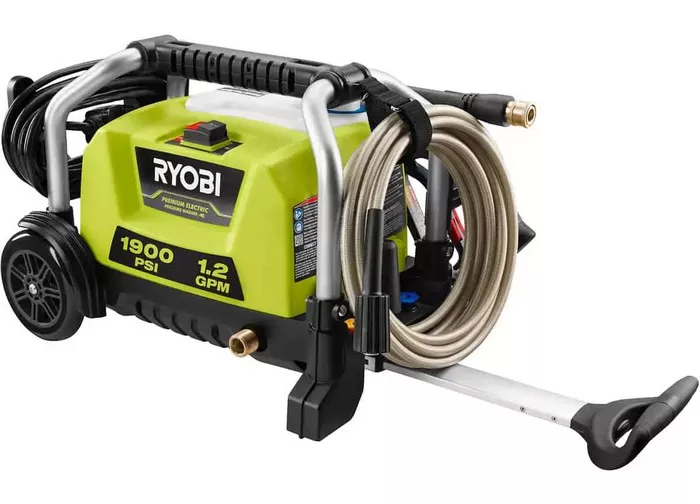Pressure washers are powerful tools used for various cleaning tasks, from washing cars and driveways to cleaning outdoor furniture and siding. However, owning a pressure washer may not be practical or cost-effective for everyone. Renting a pressure washer offers a convenient solution, providing access to high-quality equipment without the commitment of ownership. In this article, we will explore the rental process, available models, usage tips, maintenance requirements, cost comparison with purchasing, and frequently asked questions to help users make informed decisions.
Rental Pricing
When considering renting a pressure washer, it’s essential to have a clear understanding of the pricing structure. Rental companies typically offer different models at varying rates based on factors such as power, size, and features. Additionally, rental durations may range from hourly to daily or weekly rentals. Providing transparent pricing information for each model and rental duration allows users to budget accordingly and choose the option that best fits their needs and budget.
Rental Process
Renting a pressure washer involves several steps to ensure a smooth and hassle-free experience. Firstly, users need to select the appropriate model based on their cleaning requirements. Once the desired model is chosen, they will need to provide necessary documentation, such as a valid ID and proof of address, and sign a rental agreement outlining terms and conditions, including rental duration, payment terms, and liability responsibilities. After completing the paperwork, users can either pick up the pressure washer from the rental location or arrange for delivery if available.
Pressure Washer Models
Pressure washers come in various types and sizes, each designed for specific cleaning tasks. Rental companies typically offer a range of models, including electric, gas-powered, and commercial-grade pressure washers. Electric pressure washers are suitable for light to medium-duty tasks such as washing cars, patios, and outdoor furniture, while gas-powered models provide more power for heavy-duty cleaning of driveways, decks, and siding. Commercial-grade pressure washers are ideal for professional use and large-scale cleaning projects. Providing information on the features and suitability of each model helps users select the right pressure washer for their needs.
Usage Tips
Using a pressure washer effectively and safely requires proper technique and understanding of the equipment. Before starting, users should familiarize themselves with the controls and safety features of the pressure washer. It’s essential to wear appropriate protective gear, including goggles and gloves, to prevent injuries from flying debris and high-pressure spray. Additionally, users should maintain a safe distance from surfaces being cleaned to avoid causing damage or injury. Adjusting the pressure settings and nozzle attachments according to the cleaning task helps achieve optimal results without damaging delicate surfaces.
Maintenance and Care
During the rental period, proper maintenance and care are crucial to ensure the pressure washer remains in good working condition. Users should regularly inspect the equipment for any signs of damage or wear and report any issues to the rental company promptly. Following manufacturer guidelines for cleaning and storing the pressure washer helps prevent damage and prolongs its lifespan. It’s also essential to perform routine maintenance tasks such as cleaning filters, checking oil levels (for gas-powered models), and inspecting hoses and connections for leaks.
Comparison with Purchase
When deciding whether to rent or purchase a pressure washer, users should consider factors such as frequency of use, storage space, and budget constraints. While purchasing a pressure washer may seem like a long-term investment, it requires upfront costs and ongoing maintenance expenses. Renting offers flexibility and cost savings, especially for occasional or one-time use. Additionally, renting allows users to access higher-quality equipment without the commitment of ownership. However, for frequent or professional use, purchasing a pressure washer may be more cost-effective in the long run.
FAQs
Q&A1. Deposit Amounts: Rental companies may require a deposit to cover any potential damages or late fees. The deposit amount varies depending on the value of the equipment and rental duration.
Q&A2. Late Return Policies: Users should adhere to the agreed rental duration to avoid late fees. Late return policies may include additional charges for each day the equipment is overdue.
Q&A3. Damage Liabilities: Users are typically responsible for any damages caused to the pressure washer during the rental period. It’s essential to report any damages or malfunctions promptly to avoid liability issues.
Conclusion
In conclusion, renting a pressure washer provides a convenient and cost-effective solution for various cleaning tasks. By understanding the rental process, available models, proper usage tips, maintenance requirements, and cost comparison with purchasing, users can make informed decisions to meet their cleaning needs effectively and safely.

